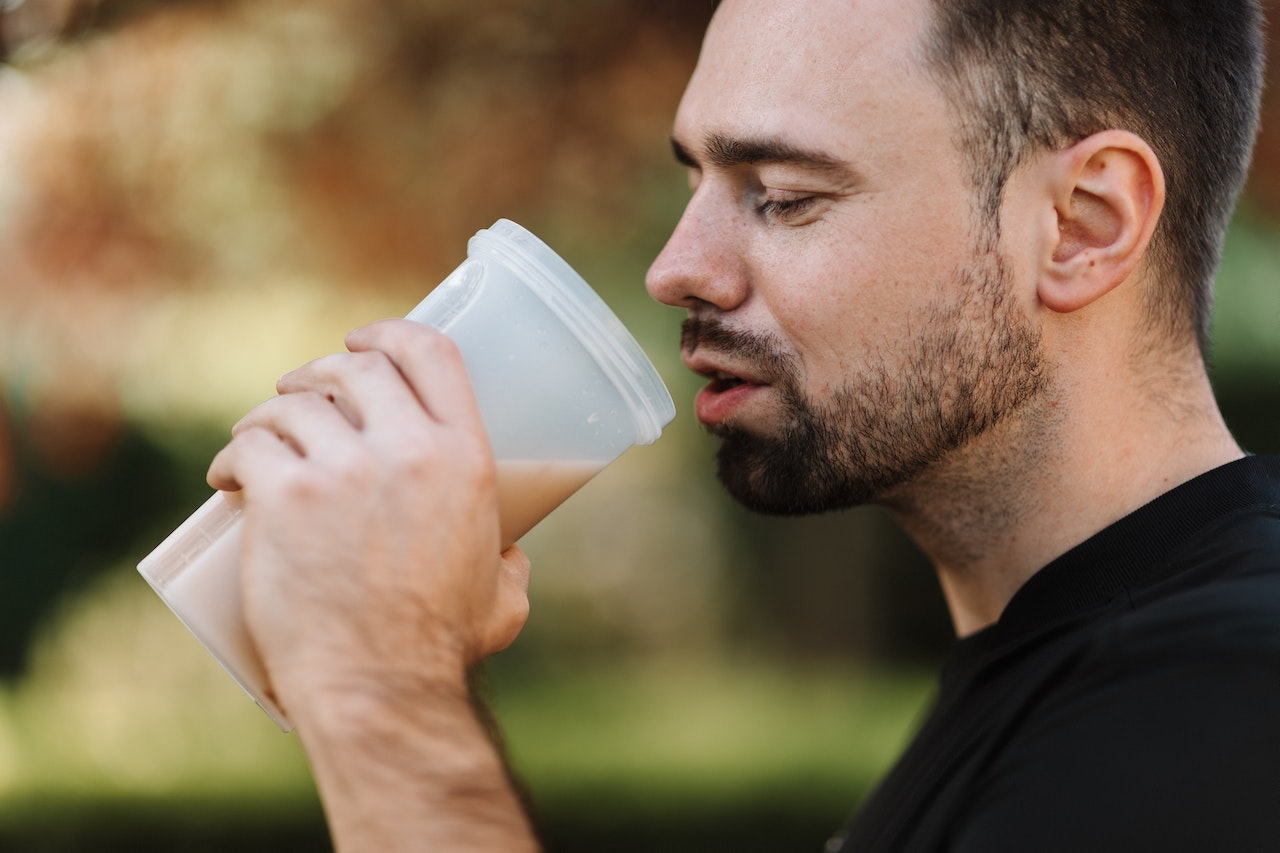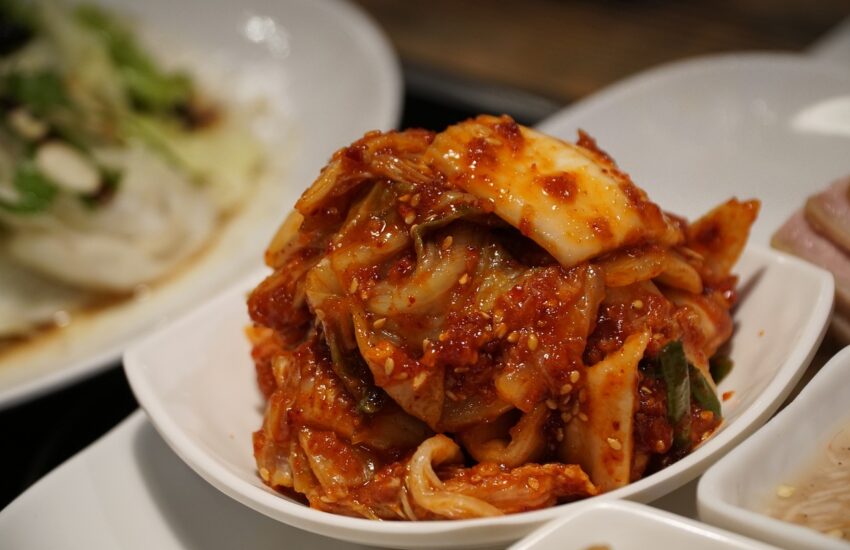Protein Shakes, Are They Good or Bad?
Protein shakes are a ubiquitous supplement in the alternative health market.
There are all kinds of protein shakes. From meal replacements like Ensure to protein shakes meant to help bodybuilders pack on muscle, to ones made out of cricket flour for helping to save the world. They’re everywhere.
But are they good for you?
Yes and no.
But more yes.
And what I wanted to take the time to talk about today is the “low-grade controversy” surrounding protein shakes.
While I certainly would never tell anyone to avoid using them (so long as the ingredients are great), I also think that some people may depend on them too heavily and so I’m going to write about the good and not so good of protein shakes today.
First, Here’s What’s Great about Protein Shakes
Protein shakes have many admirable qualities.
For one, they’re generally made out of real food.
I say generally because some brands (or maybe most brands) put plenty of artificial ingredients in the protein shakes to enhance flavor or extend shelf life.
But the protein shakes that I think of and would recommend are made out of real food, or at least ingredients your body can utilize for growth.
For many people protein shakes can help round out their macronutrient intake, which is their primary role in the supplement market.
For instance, bodybuilders and athletes looking to build muscle and recover well know that sometimes it can be hard to get enough protein (as well as vitamins and minerals) in their diet from food alone. And so an easy-to-drink and tasty shake can help them get extra protein and other macronutrients in their diet.
The same is also true for people who are not looking to excel athletically.
My wife and I created a protein supplement shake, and for years we sold our KETOX shake to help busy moms and dads with something they could quickly mix to help them get a meal on the go. With so many people living lives that are extremely busy, it’s often the case that people may end up skipping meals and not getting enough food during the day and a protein shake can ensure they don’t go without (or eat poorly on the go).
Another thing about protein shakes that can be quite helpful is for people who are struggling to manage their weight.
Using a protein shake with a meal (or even alone) can help with weight loss and weight management because protein is known to increase satiety and reduce appetite. Essentially your body has to work extra hard to break down the protein and this leads to a decrease in the desire to eat more.
When you eat sugar/carbs the opposite is true. Your body quickly burns through the sugars and your insulin levels spike and then fall which can send you on a roller coaster ride of overeating.
Many people discover that protein shakes are great for helping them shrink their waistlines and achieve body recomposition.
Another great thing about protein shakes, especially true over the last few years, is they often serve as great vehicles for the consumption of other nutrients. Recently protein manufacturers from reputable companies have begun adding healthy fats and a wide array of vitamins and minerals to their protein shakes which means that these shales turn into a multivitamin of sorts. They can help elevate health just in this manner alone.
Where Protein Shakes Fail
Now with all the good about protein shakes being spelled out, it’s time to talk about some of the negatives associated with these supplements.
One of the first is that since protein shakes are capable of being chugged and emptied straight into your digestive system (intestinal tract) without having to be chewed and digested in the stomach they can bypass your body’s normal digestive processes.
Part of the reason this matters is that chewing food sends a series of signals to your body to help with nutrient extraction as well as hormone signaling. When your stomach is essentially bypassed through drinking a protein shake it can interfere with insulin production as well as the production of ghrelin and leptin.
And this is especially true if the protein shake you’re drinking has sugar in it. Problematically, many of the more popular and inexpensive protein shakes are high in sugar and carbohydrates and when consumed by themselves they can wreak havoc on digestion as well as blood sugar levels (there is a reason they are more tasty than the healthier versions).
There are 2 ways to combat the blood sugar issue. The first is to get protein shakes that are sweetened with products that have a negligible effect on your glycemic index (like monk fruit or stevia).
Another is to drink your protein shake after eating some form of protein or fat. In a recent article, my team showed that the order you eat your food in can affect blood sugar levels, and if you’re attempting to get more protein in your diet with a shake, try eating it after a meal.
And it’s probably worth mentioning taking a supplement like berberine after a “shake-only meal” may also help to blunt a rise in insulin.
One more issue is that many low-cost protein powders are likely filled with toxins.
Harvard Health writes about this issue:
“Earlier this year, a nonprofit group called the Clean Label Project released a report about toxins in protein powders. Researchers screened 134 products for 130 types of toxins and found that many protein powders contained heavy metals (lead, arsenic, cadmium, and mercury), bisphenol-A (BPA, which is used to make plastic), pesticides, or other contaminants with links to cancer and other health conditions. Some toxins were present in significant quantities. For example, one protein powder contained 25 times the allowed limit of BPA.
How could protein powder contain so many contaminants? The Clean Label Project points to manufacturing processes or the existence of toxins in soil (absorbed by plants that are made into protein powders).”
That being true I highly recommend only getting protein shakes from companies who have extensive quality control and are guaranteed from contaminants This is one of the bigger controversies around protein shakes, that the proliferation of so many shakes is making people sick through ingesting unknown toxins.
And a final issue is that sometimes people become over-reliant on protein shakes when they should be focusing on consuming more whole foods. I suspect this isn’t most of my readers, but it certainly can be a slippery slope.
All in all, though, I think protein shakes can absolutely play a pivotal role in helping people remain healthy, especially when they’re sure of the quality of the product and the ingredients.


